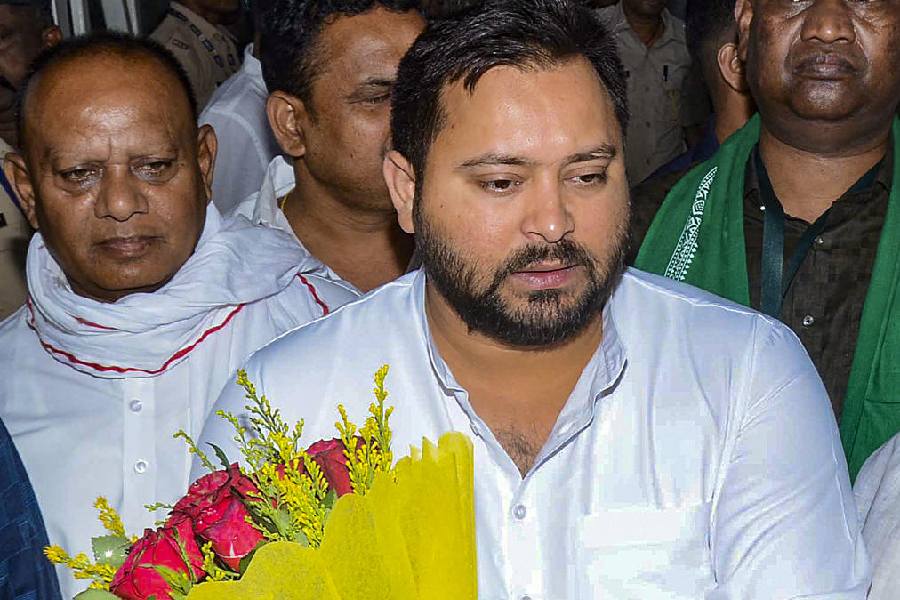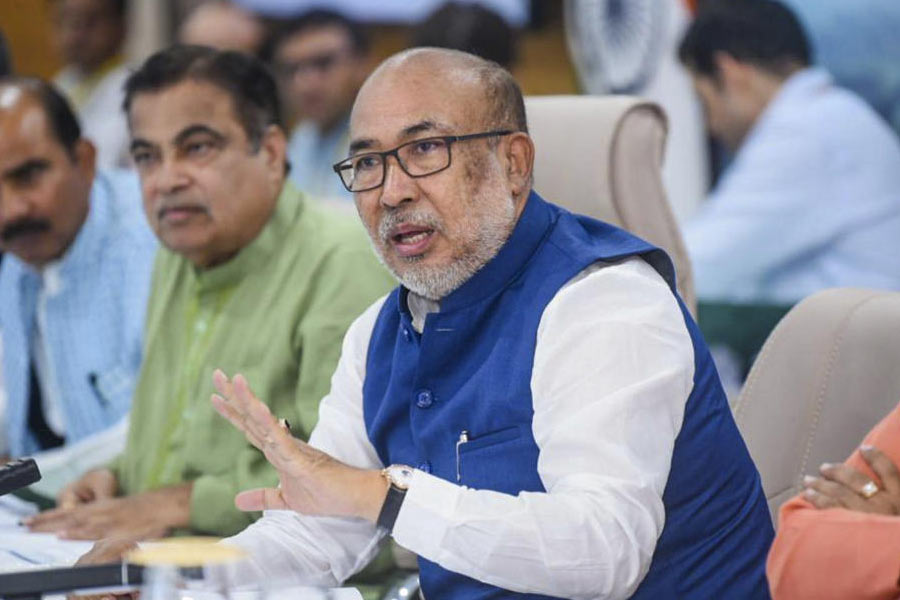RJD leader Tejashwi Yadav on Thursday accused BJP president J.P. Nadda of bringing “bagfuls” to Bihar for distribution in the constituencies going to the polls in the second phase of the Lok Sabha elections on Friday.
Tejashwi also alleged that central agencies were aiding Nadda to pull this off.
“I am getting information that he (Nadda) has brought several bags and is distributing them at places going to the polls. Get this checked. The allegation is true. I am not lying,” Tejashwi told reporters on Wednesday evening after winding up his campaign for the second phase of polling.
“The agencies are openly helping him. He has come from Delhi with five bagfuls and it is being distributed in the constituencies,” Tejashwi said.
Bhagalpur, Banka, Purnea, Kishanganj and Katihar from Bihar will vote on Friday.
Sources said senior BJP leaders were considering lodging a complaint against the RJD leader to the Election Commission or move court for making such an allegation.
Reacting to Tejashwi’s comments on Nadda, senior BJP leader and former Union minister Syed Shahnawaz Hussain said: “Those who have indulged in corruption have money. We have the support of party workers. The RJD has more money. It has big suitcases.”
Tejashwi also brought up the mangalsutra controversy and alleged that Prime Minister Narendra Modi and the BJP were the ones who were “snatching” away the mangalsutras of women as inflation and high gold prices had ensured married women abstained from buying such jewellery.
“Inflation has led the nation to such a situation where people are being forced to sell their ancestral properties. This has happened during the rule of Modiji. As far as the mangalsutra is concerned, the price of gold has gone up so high because of the PM that women cannot even afford to buy mangalsutras,” Tejashwi said.
“They (Modi and the BJP) are accusing others of snatching mangalsutras. But what happened in Pulwama? Whose suhaag (token of married life) was snatched away?” Tejashwi asked.
The RJD leader also raked up alleged Chinese incursions, people dying in queues to exchange currency notes during demonetisation, and the death of over 800 people during the farmers’ agitation.










